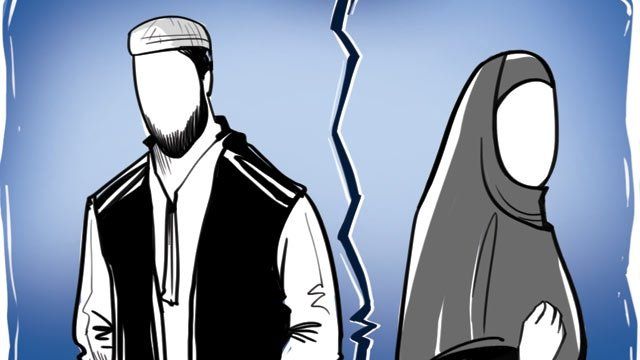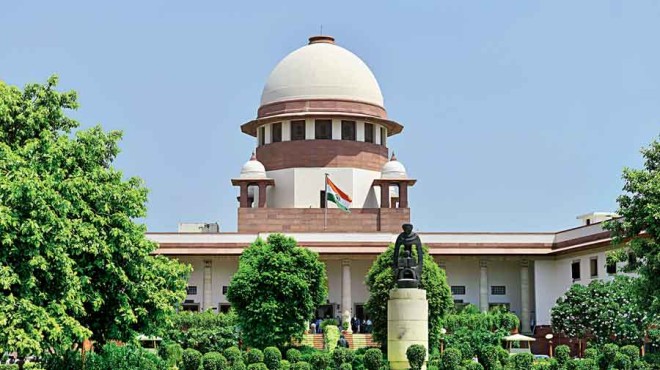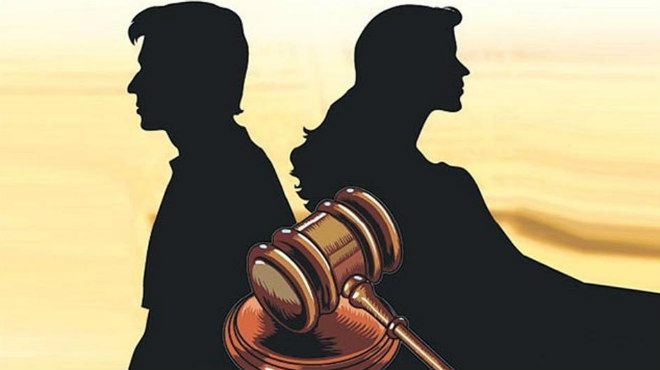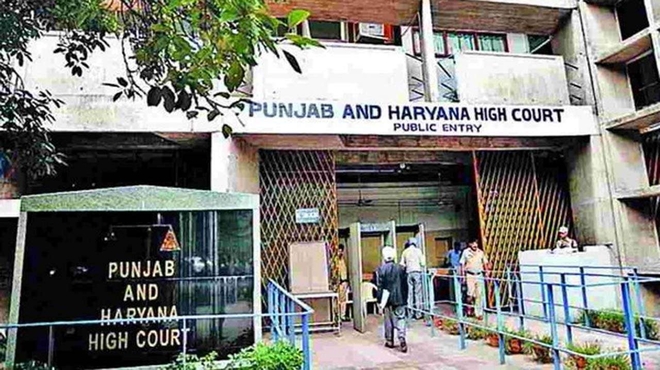Certificates issued by kazi on talaq are only an opinion and not legally valid: Madras HC
January 13, 2017
The bench, comprising Chief Justice S K Kaul and Justice M M Sundresh, on Wednesday gave a ruling stating that a certificate issued by the chief kazi on talaq is only an opinion and has no legal validity. The said judgment was passed on a PIL filed by advocate and former AIADMK legislator Bader Sayeed . Later, others including Women Lawyers Association (WLA) of Madras high court impleaded themselves in the petition.
OUR TAKE
India does not have a common code dealing with divorce. Divorce is administered in accordance with the personal laws of the citizens still it is advisable to discourage practices which have no legal sanctity. Thus the decision of the court barring qazis from issuing divorce certificates is appropriate and was much needed step to stop all the confusion and chaos.
Latest Legal News
.jpg)
3 Bills to Renew India's Criminal Justice System presented in Lok Sabha; All you Need to Know

âSorry state of affairs' in PoSH Act implementation; SC orders Govts. to ensure ICCs are constituted


 87+ Lawyers are online
87+ Lawyers are online 


.jpg)


